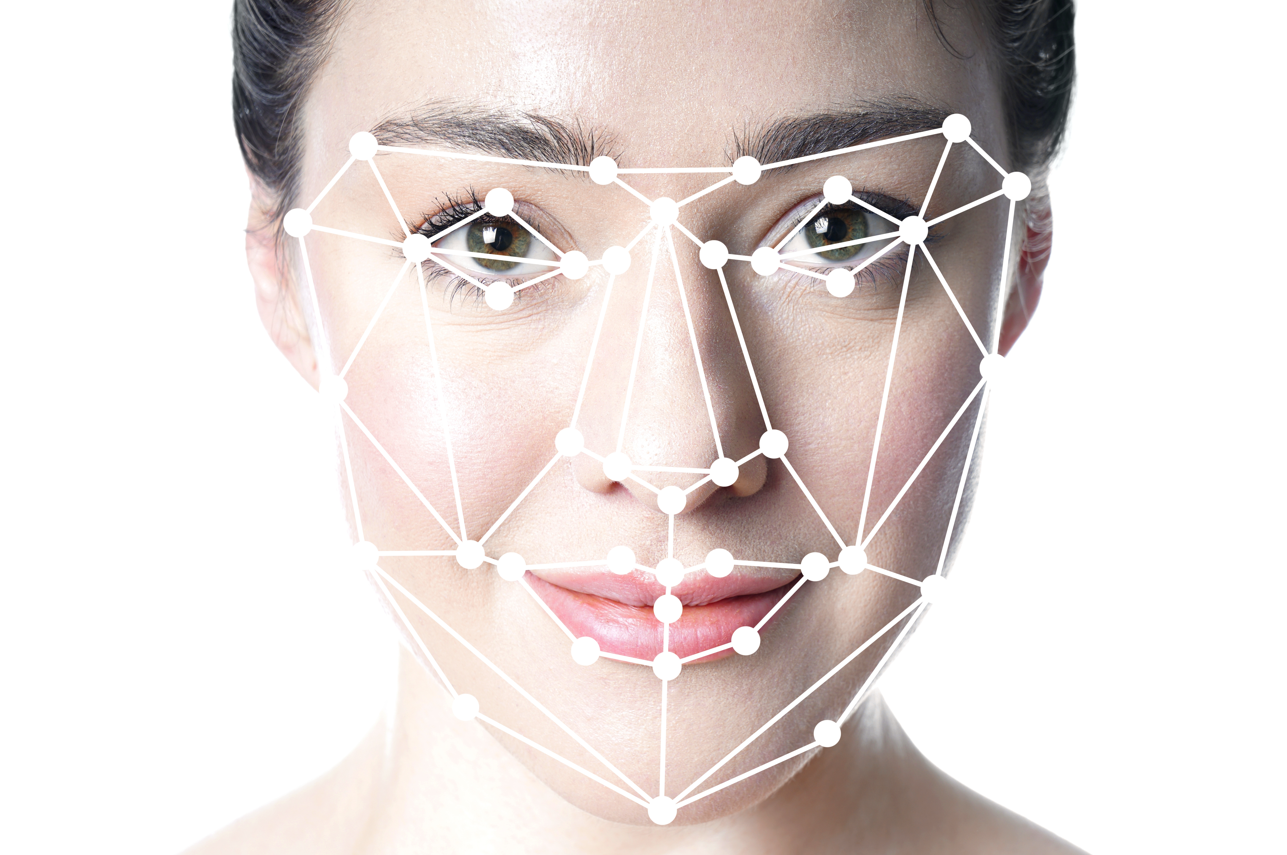1. When a Pay check Comes at the Cost of Personal Identity
For lots of these unsuccessful actors, outside the main unions, any paid role can feel like a savior. Those taking advantage of this situation to make AI avatars know all about it and are making the most of it. At the time the offer for $5,240 was made to Connor Yeates in 2022, he was staying with friends and had contributed nothing but his likeness — that was it. It seemed obvious back then; after a short time and the needed script lines in front of the green screen, it was done.
Later on, Yeates discovered that his image was used to promote Ibrahim Traore, who led a 2022 coup in Burkina Faso — something clearly against Synthesia’s policies. In concept, the video had little ceremony when a deed had already taken place. A person he hadn’t studied and surely would not support was forced upon him. Because he signed the contract, he could not go to law to force the video to be deleted.
I feel that this type of artwork is becoming standard. Simon Lee, a South Korean actor, ended up advertising uncertain health products on TikTok and Instagram. “Maybe it wouldn’t have been such a problem if it was a decent ad,” he said to AFP. Still, it’s obviously just a scam. Because he, like Hall, gave up his property right in the AI likeness forever, he too had no way to stop the misuse.
Usually, these actors aren’t at fault because they rely on small print that isn’t clear to everyone. When finances are tight, some lenders hide the future harms paying off their quick loan might cause.
2. The Deepfake Wild West: Misinformation, Propaganda, and Exploitation
Due to generative AI, making videos that imitate someone’s features, voice and expressions has become surprisingly simple. With a huge set of recordings, any person – those who act, for instance – can be almost exactly duplicated doing or saying anything, even the very opposite of their real beliefs. That’s why many of these tools are free or cheap, allowing propagandists, scammers and dirty marketers to control them.
Although large celebrities like Taylor Swift and Scarlett Johansson suffer less from deepfake threats because their fans protest, smaller names don’t always get this kind of support. Even professional actors are at risk — Aloy’s voice from the “Horizon” series says she’s surprised by a computer model that can imitate her performance. Many thousands have had their voices and physical performances recorded for studios with no agreements on time, purpose or compensation.
This is a matter of vulnerable workers rather than illegitimate activity in this new industry. The people who don’t work in unions or live where digital rights legislation is weak are taking the biggest losses. Rebellious intervention, like stealing and remixing a role, has mutated your old performance into something that can be endlessly copied, deformed and put on with little notice to you, the actor.

3. Contracts Without Clarity: How Legal Language Silences Creators
Not only do actors in the AI era face risks from technology, but many of them also put their trust in contracts they haven’t fully examined. Alyssa Malchiodi, an entertainment lawyer, says that most contracts include terms like “perpetual”, “irrevocable” and “unrestricted”, giving complete control over a person’s voice, face and image to the company as long as the contract exists. These aren’t only legal phrases; they take nearly all control away from people regarding their identity.
As a result, creators will not be able to choose again if or how their picture is shown. Even if it’s fake supplements or new ideas for films, when rights are transferred, the actor can do little.
Synthesia, involved in plenty of these controversies, not long ago introduced a “Talent Experience Program” that works to give its actors more influence over their digital presence on the service. Even so, these efforts probably won’t bring real change to the industry unless they are required and real punishments are put in place.
As long as there are many holes in the law, AI companies will exploit them, earning money due to the uninformed agreements creative people make. New digital businesses can thrive through innovation, but they are also built from images where someone’s face is taken, changed and made available, with that person having no role in it.